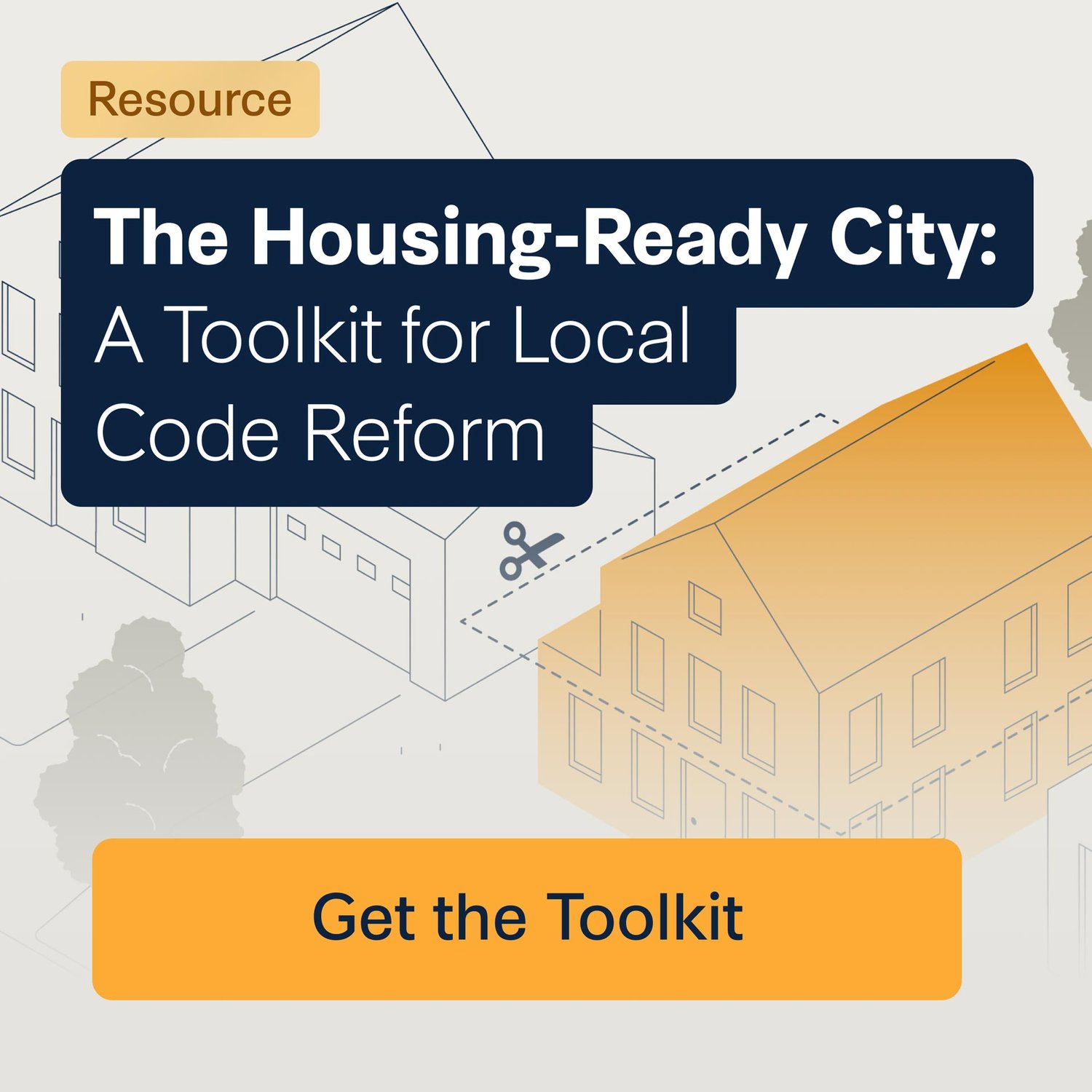What do these cities in Wisconsin and Texas have in common? They ditched parking mandates.
Requiring parking with housing can drive up rents by 17% or more—even for tenants who don’t own a car. But it’s not just renters who pay the price. For small-scale builders, a single parking spot can add $10,000–$40,000 to a project, often killing modest infill housing before it even begins. These costs add up fast, making it harder to build the homes cities actually need.
That’s why more places are rethinking the rules. From La Crosse, Wisconsin to Austin, Texas, cities are scrapping outdated parking mandates to lower barriers and make room for more housing.
In December 2024, La Crosse's City Council voted to eliminate off-street parking minimums for residential areas, building upon earlier reforms that removed such requirements for commercial zones. This decision aims to alleviate the city's housing shortage—La Crosse needs to construct 200–230 housing units annually through 2030 to meet demand. By eliminating parking mandates, developers can reduce construction costs—surface parking stalls can cost about $10,000 each, and multi-level stalls up to $40,000—expenses typically passed on to tenants or homeowners. Instead of government-imposed minimums, developers can now determine the appropriate amount of parking based on actual needs.
In November 2023, Austin made headlines by becoming the largest U.S. city to eliminate minimum parking requirements across the board. With an 8–2 vote, the City Council scrapped mandates for nearly every kind of property—homes, apartments, offices, and retail alike. The idea was simple: let developers decide how much parking makes sense, rather than locking them into rigid formulas that don’t always reflect real needs. For a fast-growing city facing rising housing costs, it was a step toward making better use of limited land and easing the path for more affordable development.
And as of last week, Dallas joined in. On May 14, 2025, the Dallas City Council voted 14–1 to enact a sweeping overhaul of the city’s parking code—its first major update since 1965. The reforms eliminate parking mandates in downtown and near transit stations, remove requirements for small restaurants and retail shops, and lift minimums for most residential construction. Historic buildings, which often struggle to meet modern parking rules, are now fully exempt. For small business owners the change is especially welcome.
These reforms weren’t made in a vacuum. Dallas is adding more than 170,000 people every decade, and housing construction hasn’t kept up. By removing parking minimums, the city hopes to unlock more “missing middle” housing—like duplexes and cottage courts—which are often financially infeasible under current rules. Parking alone can add $10,000 to $40,000 per unit to the cost of construction, depending on whether it’s surface-level, structured, or underground. And even when a developer can make the numbers work, those costs often get passed on to renters or buyers.
Rather than banning parking, Dallas is simply stepping out of the way. Developers and property owners can still include parking where it’s needed—but they’re no longer forced to pave over valuable land just to meet a one-size-fits-all mandate. It’s a practical shift that better aligns with how people live, work, and move around the city today.
→ Read more: Dallas Just Ditched Its Outdated Parking Rules—Here’s What That Means
These changes are part of a growing shift. More communities are realizing that outdated parking rules don’t just waste space—they drive up housing costs, slow down development, and make it harder to adapt neighborhoods to real-world needs.
If your city has eliminated parking minimums, give yourself a high five—you’ve already checked off one item on the Housing-Ready Checklist. If your community has also made it easier to build backyard cottages or reduced minimum lot sizes, you’re well on your way. Want to know where your city stands? Check the map—or take the quiz to find out what’s next.







